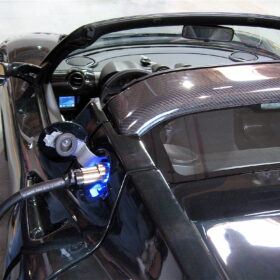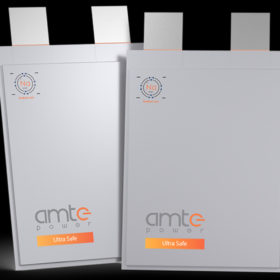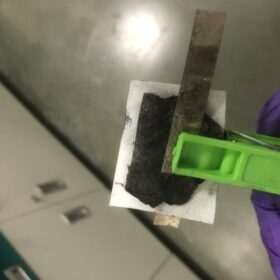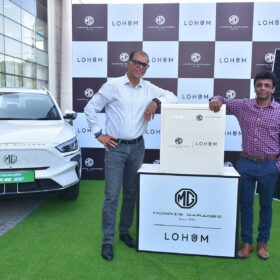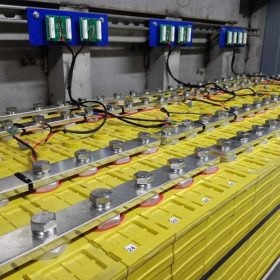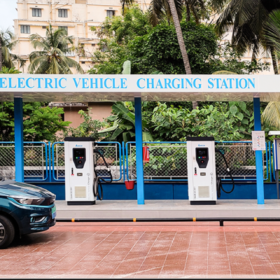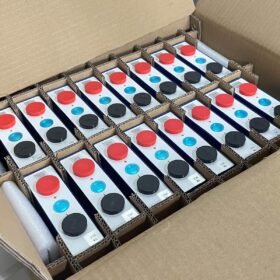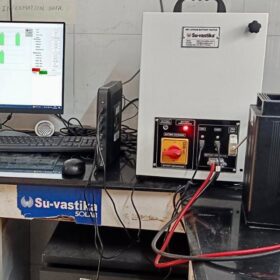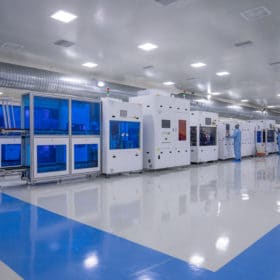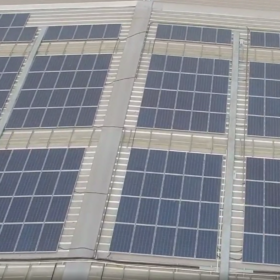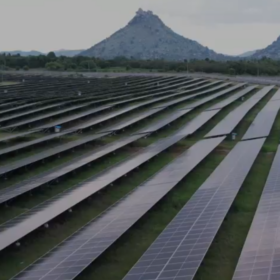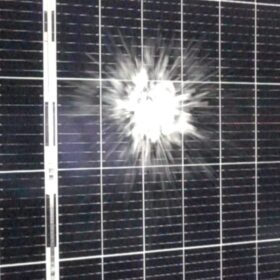Epsilon Advanced Materials plans $650 million EV battery anode facility in USA
India’s Epsilon Advanced Materials will invest $650 million to set up a graphite anode processing facility in the USA. The facility will produce high-capacity synthetic anode materials for electric vehicle (EV) batteries.
Global sodium-ion battery market expected to reach $2.6 billion by 2028
The global sodium-ion battery market will grow at 16.2% annually to touch $2.6 billion by 2028. Major drivers include an increasing demand for these batteries as a lithium battery replacement for renewable energy storage and the growing trend towards low-speed electric cars.
GERMI develops biodegradable paper supercapacitor from seaweed
The researchers deposited reduced graphene oxide (rGO) and zinc oxide (ZnO) nanowires over seaweed cellulose to make the anode material for the supercapacitor. The device exhibited a greater energy density of 5.21 Wh/kg, a series resistance of 2.16 ohms, and no air degradation even after 5,000 cycles.
Lohum introduces 5 kWh storage system made of second-life EV battery
Noida-headquartered Lohum has introduced a 5 kWh energy storage system under its collaboration with MG Motor India to develop second-life solutions for used EV batteries.
Himadri invests US$6.7 million in Australia’s Sicona Battery Technologies
India’s Himadri Speciality Chemical has acquired a 12.79% stake in Sicona Battery Technologies, an Australian startup that specializes in high-capacity silicon anode technology for lithium-ion batteries.
Annual EV sales in India surpassed 1.2 million in FY 2023
Uttar Pradesh led the yearly electric vehicle sales with a 15.15% share of the cumulative 1.2 million units sold in FY 2022-23. It was followed by Maharashtra (12.72%) and Karnataka (9.14%).
Lithium-iron phosphate prismatic battery cells with energy density of 138 Wh/kg
Chinese energy storage company Imren Battery has introduced its new EVE LF105 lithium-iron phosphate (LFP) prismatic battery cells, which can be used in a wide range of applications, including EVs, renewable energy storage, and other applications.
Amara Raja breaks ground on 16 GWh li-ion cell, 5 GWh battery pack factory
Executive director Vikramadithya Gourineni told pv magazine their Telangana factory will produce lithium ferro phosphate (LFP) and nickel-manganese-cobalt (NMC) chemistry cells.
Exide targets 12 GWh of li-ion cell capacity by 2027
Gayatri Dadheech, chief technology officer at Exide Industries Ltd, told pv magazine their first-phase 6 GWh lithium-ion cell manufacturing capacity in India would become operational by December next year and will produce lithium ferro phosphate (LFP) and nickel-manganese-cobalt (NMC) cells. The following 6 GWh, targeted by 2027, could be based on advanced lithium-ion, solid-state, or other battery technology.
What’s cooking in a farmhouse factory
Kunwer Sachdev, the founder of Su-kam brand inverters in India, has converted his farmhouse in Gurugram into an R&D and manufacturing facility for new-age solar and lithium battery storage products under his new venture Su-vastika Systems. He speaks to pv magazine about their offerings including mobile energy storage, lithium battery tester, solar inverters, and more.
